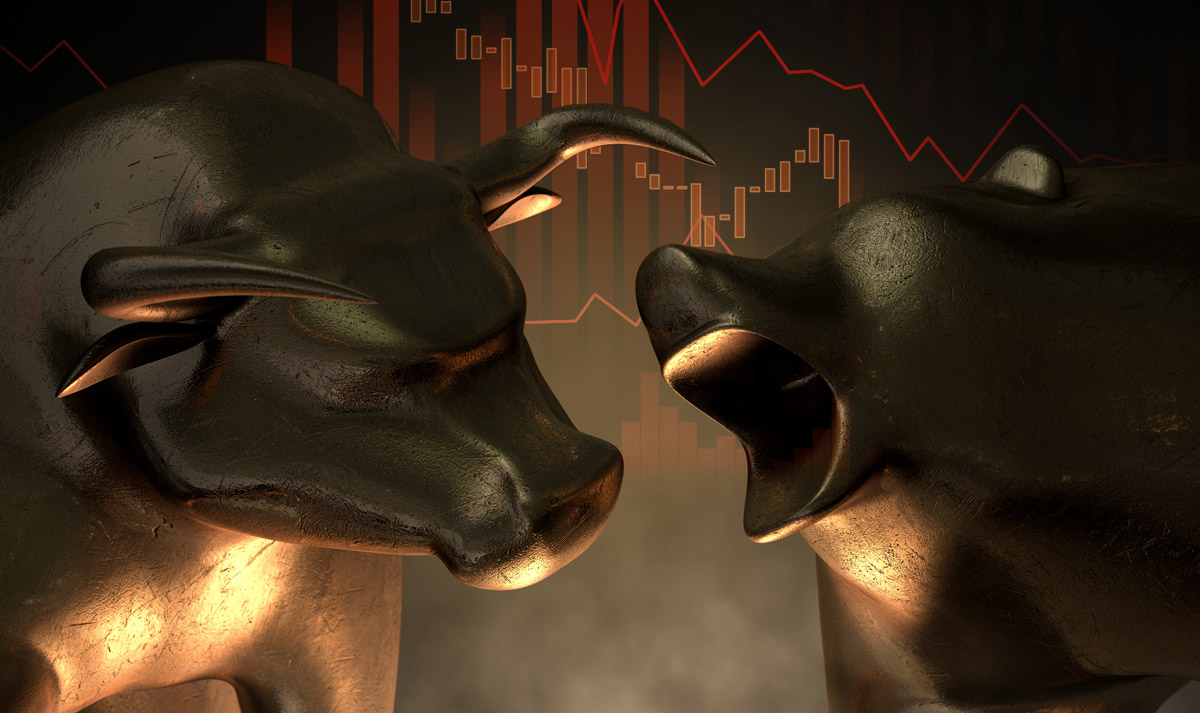Three mental rules form a dynamic vision of a trader. In this article, we assist you in finding out what are each angle of this triangle in this paper. Accidentally triangle is the most fantastic shape in geometry, and in nature, pyramids ate the most solid structure, and we are investigating the trader’s view from this window.
In the financial and monetary markets, we are witnessing a circulation in which the weaker ones always have the role of prey for stronger hunters. Capitals may fall into the trap of mental weakness and lose control of their emotions.
The result might be the liquidation of the whole money of the investors who can not resist their opposing mental inadequacies.

Order
The first side of the mentioned triangle is “Order.” Order is the most critical part of all businesses and the basic pattern that all successful investors follow. It can begin with little tasks like daily working hours and defining guidelines that form business circles in the short, medium, and long term.
By realizing the importance of order in thoughts and behavior, we would better understand our occupation, and the result would be better focused on targets and making more accurate decisions in critical situations.
Flow
After defining order and obeying all those rules, it is time to visit the next side of the triangle: flow. The main challenge here is to flaunt skills in action. A professional trader who has had several successes in all their previous efforts in the market, the order is like mine, and the outcome is the path that outputs will go through.
When the wheel moves, nothing can ban it from motion, precisely when it obeys a rule through a predetermined direction.
Recovery
The third side is learning is recovery, the tricks and trades niceties to dissolve the problems we encountered in the previous two steps. All systems have several weaknesses which must be identified and turned to the strength of the mental or organizational mechanism. Please remember there is no perfect path, and problems will be in your way. It is necessary to stop looking back and get lessons from the past.
When an entity has a more extended history, it defeated more challenges, listed more difficulties, and has better solutions to further problems. As a result, this is the decision of the trader to turn the threat into an opportunity. It is like an athlete’s exercises to improve defects prepare themselves for their life career; the mind needs practice, too. It is necessary to eliminate those defects in the following repetitions for more significant steps.
The Triangle is Called Survival!
The enclosed space among these three sides remains traders in a secure area. If someone enters the capital market as a trader, their survival will be commendable. Rule 90 tells us that more than 90% of new entrants will lose 90% of their capital in the first 90 days.
To be among the 10% group, traders need luck, not a specific index. Still, the alternative of this uncountable index could be moving along a plan, controlling the situation, as mentioned previously, to save the in market capital safe.
Suppose a trader’s mind is unable to accept changes or cannot learn lessons from the previous faults. In that case, it will disintegrate, and the trader will be left alone with a purposeless and confused mind, and probably, a massive financial loss, which who lack decision-making skills.
Conclusion
We are not here to scare potential future traders, but we don’t hesitate to hint at them. But being familiar with Market behavior and its psychological warfare will increase defending abilities decision-making skills to become ready to enter the market, and the souvenir of this approach is survival.
Trading is one of the few professions where success mainly depends on who you are and how you think, and that is why trading psychology is paramount. Traders well-versed with trading psychology will generally not act out of fear, bias, or other emotions and stand a better chance of earning a profit during a trade.
